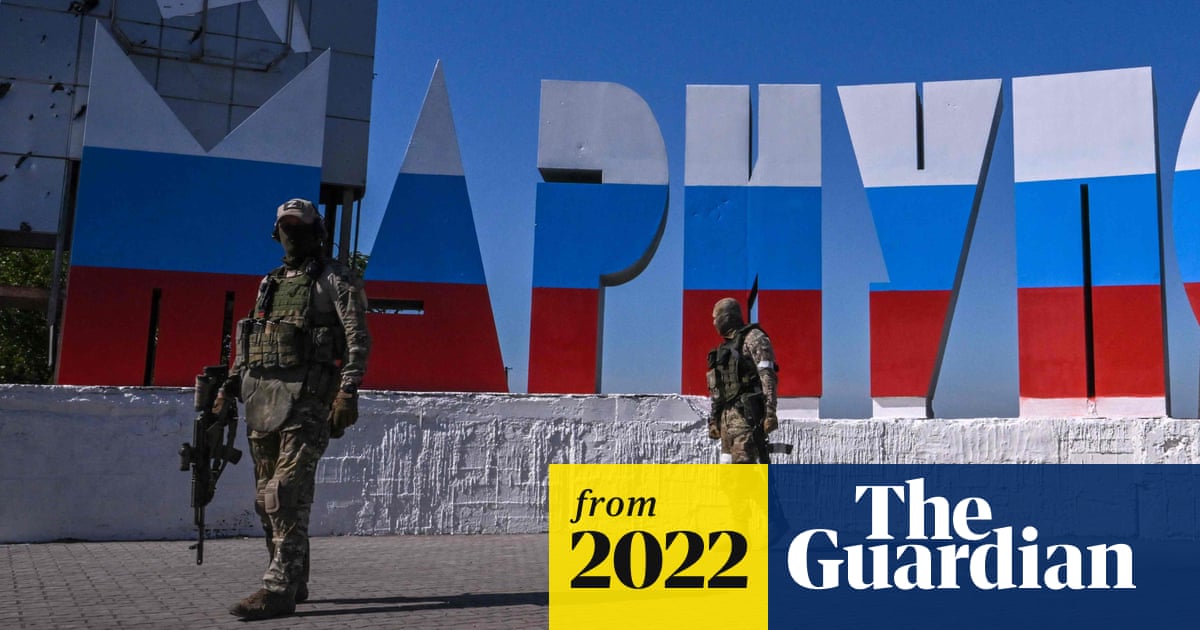Nazi ideology was often the product of disparate race scientists who didn't always agree with each other, but the idea of a semi-mythological history in which a flourishing Germanic society stretched across most of eastern Europe was a fairly common feature. It's also, to some degree, based in reality. Early Germanic people were nomadic, and they spread across much of what is now eastern Europe (not as the racially pure conquerors imagined by the Nazis but as travelers who shared land and adopted cultural elements from non-Germanic people they encountered).I don't think its quite the same. Germany thought that everything between Germany and Russia should be German but they didn't think those regions have always secretly been German. Just like Japan thought it should be Japanese, but not that it had always been Japanese.
There were definitely attempts to ground the idea of "greater Germany" in prehistory. The Nazis were kind of infamous for declaring that anything technically impressive in the historical record, like the pyramids, must have been the work of ancient Aryans. Heck, there was a consistent attempt to claim that Shakespeare had German blood and that his plays exhibited his intrinsic Nordic values, so making up a historical basis for the conquest of eastern Europe wasn't too big a deal.
In a more immediate sense, the end of world war 1 had seen Germany become quite a bit smaller, and Austria-Hungary break up completely. Both had left significant German populations who now lived within the borders of countries with non-German majorities. The existence of these populations was used as justification for Nazi aggression, much as the Russian-speaking population in eastern Ukraine is being used now.
Heck, many regions of the former Russian empire, like Ukraine, Crimea, Kazakhstan and Russia itself still have ethnic German populations whose ancestors were invited to settle in what was then Russia at the turn of the 19th century. Germans are actually a pretty significant ethnic minority in Russia, although the majority don't speak German any more. There are also communities of Russian speaking Germans living in Germany who mostly moved back there after the fall of the Soviet Union.
Last edited:


